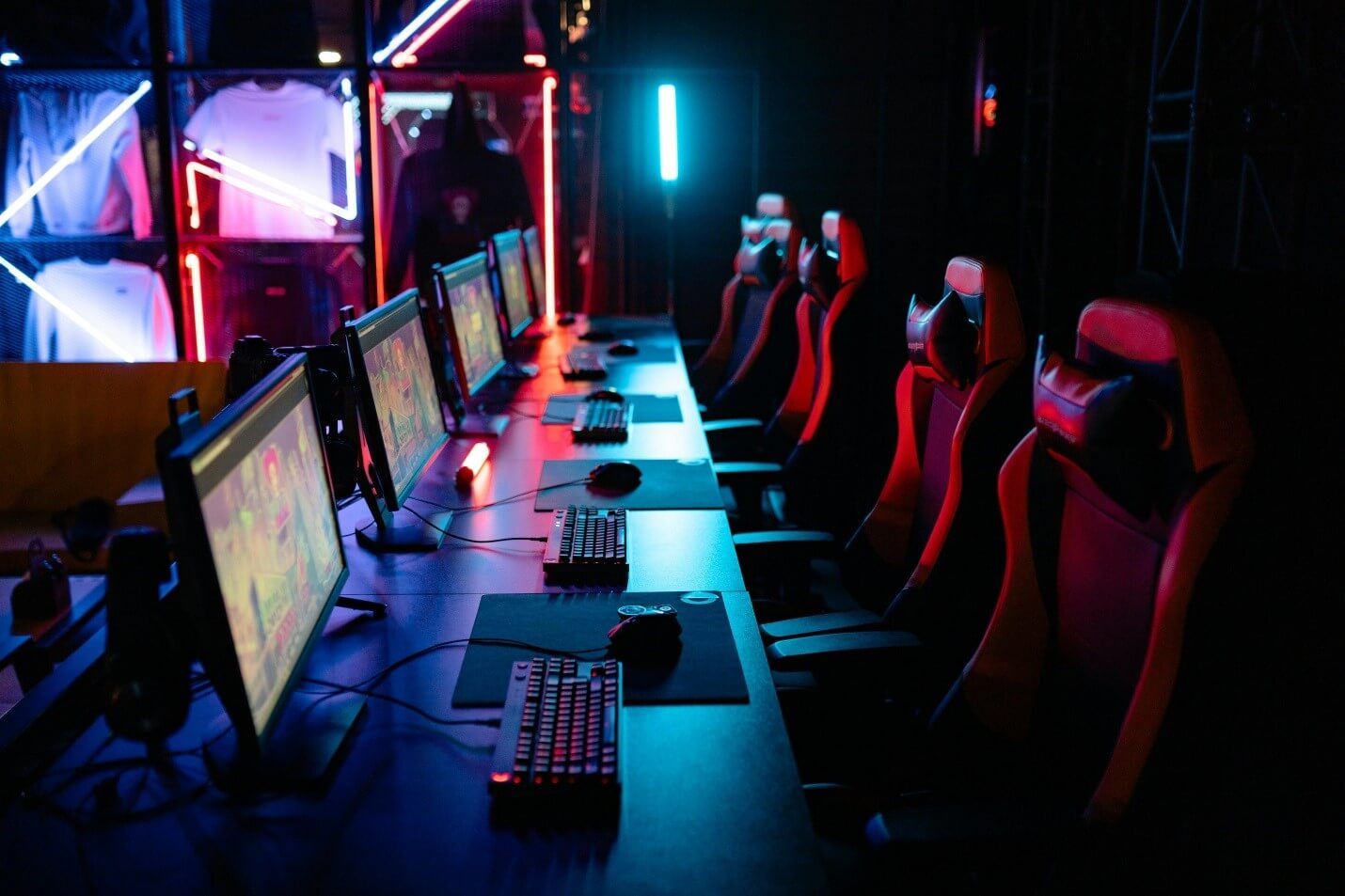If you're even semi-plugged into the gaming sphere, you've probably noticed that esports isn't just blowing up globally - it's detonating in Germany. From sold-out audiences for CS:GO to high-concept production sets for League of Legends to low-key weeklies for the fighting game faithful, something real is happening here.
And no, this isn’t just hype. We’re talking serious numbers, major investments, and a community that keeps growing faster than Zangief’s SPD range in Street Fighter 6. So, let's break down what's going on with the German esports scene, why it's growing so fast, and where the fighting game community (FGC) fits into it all - because trust me, there's more to it than flashy lights and monster energy drinks.
Germany's esports game is strong - like, "Big Money" strong
So, let us start with the basics: Germany's esports industry is massive. The market itself is projected to have a worth of over $325 million by the end of 2025, and it is projected to jump over $390 million by 2029. That is not hype - it is a sign that esports in Germany is not a trend. It is an industry.
More than three-quarters of Germans now know about esports. That does not necessarily sound insane, but in 2017 that number was closer to 55%. That's a huge jump in a relatively short period. Credit where credit is due: Large events such as ESL One Cologne, Germany's high production values, and a growing local scene have helped make esports into something that people are actually talking about - even outside of hardcore gamer circles.
There's more than tournaments: The industry goes deep
Here's what those outside the scene have a tendency to forget - esports is not just about the games. The real money (and jobs) are in the layers beneath it. And Germany has built up almost every part of the ecosystem. Some of the most significant sectors are:
- Sponsorships and ads: Probably the most profitable earner today. Brands like Mercedes-Benz and Adidas are getting on board because esports offers them direct access to younger, connected audiences.
- Online gambling and esports betting: Somewhat more contentious, but indeed, it's in there. As of 2021, when Germany updated its gambling laws, esports betting is legit under regulation. Some of the best online casinos in Germany boast a large variety of games, bonuses, and entertaining features such as live poker. In other words: Online casinos make a large portion of esports, due to the large selection of operators, as is evident when following the link to the best online casinos in Germany.
- Streaming and media: German streamers, casters, and analysts are actually building careers. Local-language content is getting the focus it deserves, and people aren't just watching - they're subscribing, tipping, and attending.
- Event production: Germany goes large when the time comes for live events. ESL Cologne, DreamHack Leipzig - these aren't LANs in someone's backyard. These are stadium-sized, esports-as-spectacle events.
- Merch and tickets: From jerseys for teams to limited-edition fight sticks, this part of the market continues to grow very quickly. When people love a team or a player, they wanna represent.
The Fighting Game Community: Underrated, but built different
Okay, let's talk about FGC. If you're into fighting games, you know that this scene is unique. It's not the MOBAs or shooters where it's all corporate and team-based. FGC is gritty, personal, and community-oriented on a local level - and in Germany, you can still feel that. Cities like Berlin, Cologne, and Hamburg have active grassroots scenes. Weeklies, locals, and pop-up tournaments for Tekken, Street Fighter, Guilty Gear, Smash, and others happen on the regular. Fighting games may not get the same attention or prize pools as shooters, but they offer something money can't buy - heart.
Germany's also starting to make a name for itself internationally within the FGC. Players like Tetsu (Tekken) and rising SF6 grinders are grinding, and the country's slowly becoming a stop on the European tournament circuit. If you've been to an event like Dojo Fighting Fest or Bembel Clash, you'll recognize the hype is real. All the fresh players, old vets, cosplayers, stream monsters - it's not just a bracket, it's a culture.
The scene's growing, but there's still work to be done
Not everything is perfect, though. Esports in Germany still needs to surmount a couple of hurdles, especially when it comes to governmental recognition. Esports is not yet legally recognized in the same way as traditional sports, which gets in the way of things like visa access for foreign players, tax exemptions for orgs, and governmental funding for events.
And a lot of the money and publicity is concentrated on the biggest games. If you're in the FGC, you already know how hard it is to get sponsors or funding unless you're running 1,000-player brackets. But that's slowly changing. More sponsors are reaching the conclusion that niche communities have absolutely dedicated fans - and those fans buy things, watch streams, and attend. Another good sign? More universities in Germany are starting esports programs, scholarships, and research. That means more opportunity for young players to make passion a long-term thing, not a side hustle or hobby.
Looking ahead: Germany's esports scene is only getting bigger
As tech gets better, quicker internet becomes available everywhere, and competitive gaming has more spectators than ever before, Germany's esports adventures only just begun.
The FGC, in particular, is poised for growth. It's got the style, the history, the international reach - all it needs now is a bit more backing and structure. Provided local TOs, venues, and sponsors keep stepping up, Germany can easily become one of Europe's premier fighting games hotspots.




















